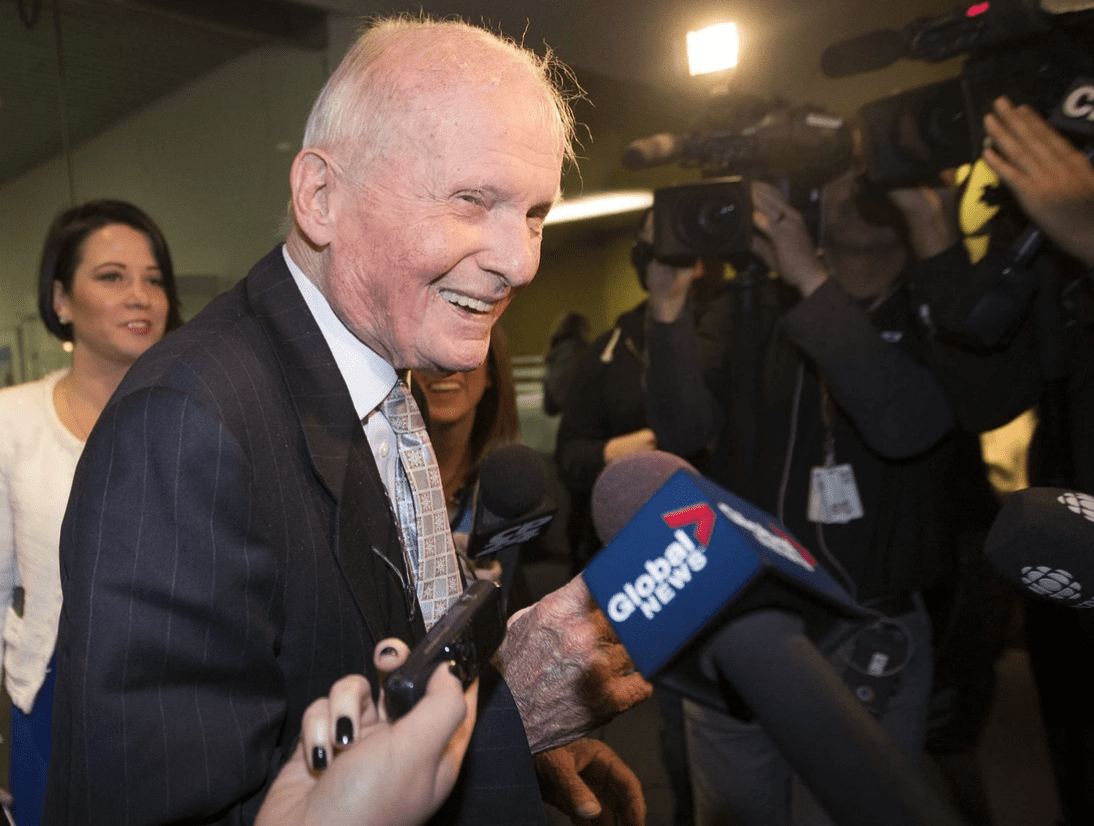This past April 17 Ontario education minister Stephen Lecce tabled Bill 98, the Better Schools and Student Outcomes Act, 2023, in the Legislative Assembly.
As neatly summarized by Mike Crawley at CBC News, the Ford government is embarking on “what it calls a transformation of Ontario’s school system … pushing a back-to-basics agenda and giving the education minister more power.”
The Preamble to Bill 98 itself is similarly instructive: “The Government is committed to re-focusing Ontario’s education system on student achievement, prioritizing hands-on learning and skills development in reading, writing and math. Legislative changes are needed to advance a vision for Ontario’s kindergarten to grade 12 education system … preparing students …for the jobs of the future.”
There are no doubt some immediate problems. In Ontario today (as elsewhere) there often seems an understandable weariness in the public education system. An instant online reaction to Bill 98 from Education Action Toronto was grimly headlined “The Better Schools and Student Outcomes Act: crushing what’s broken.”
Many of the Ford government’s many critics (if not its ironclad legislative majority) will urge that some new back-to-basics policy — rigorously enforced by a provincial ministry deeply rooted in the Mowat Block, just east of Queen’s Park — is unlikely to prepare students for the real jobs of the future at all seriously.
We seem to live right now in an unprecedented age of remote workstations, fading big city downtowns, and Artificial Intelligence (and at least a declared end of COVID-19).
It is suddenly a strange new world. Trying to transform Ontario’s school system with back to basics and a stronger education minister can just seem out of touch and out of date.
Whatever else, the new Ontario Bill 98 strategy of 2023 is almost the opposite of the still legendary Hall-Dennis “Living and Learning” report, delivered to the Progressive Conservative education minister (and future premier) William Davis in 1968.
This still controversial document still stirs wider debate. As explained by Wikipedia: “The Hall-Dennis Report … called for broad reforms to Ontario education to empower teachers and the larger community and to put students’ needs and dignity at the centre of education.”
Some would say the depths of the Hall-Dennis educational philosophy were never seriously put into practice. But the report can probably claim credit for a later 20th century broadening of an earlier much more narrowly focused Ontario education system.
From the start, “Hall-Dennis” was treated cautiously by education officials. In 1969 the Toronto Star complained that the “Hall-Dennis report, published in 1968, proposed radical changes in Ontario schools. Little has been heard of it lately.” Wikipedia today nonetheless urges that “multiple attempts were made to implement” Hall-Dennis in the 1970s.
The document has continued to figure in the more recent past. In November 2011 Peter H. Hennessy at the EdCan Network was complaining: “The Dream World of the 1968 Hall-Dennis Living and Learning Report is alive and well in the story of transforming public education.”
In January 2018 Paul W. Bennett at Schoolhouse Consulting was contemplating “The Ontario Hall-Dennis Report, Fifty Years On: Why Did the 1968 Report Create Waves?.” In July 2021 McGill-Queen’s published a book by the education historian Josh Cole, called Hall-Dennis and the Road to Utopia: Education and Modernity in Ontario.
According to reviewer Rose Fine-Meyer, Josh Cole’s book sees one side of the Hall-Dennis vision as an argument that school was in principle and should become in practice no longer “a place of confinement but instead a place of enjoyment.”
Yet Cole also argues that this side of the vision was finally just “a veneer of openness and did not represent the real substance of the report, which was to maintain conservative libertarian positions on individualism and citizenship.”
From here it is only a short journey to wondering if the 1968 Hall-Dennis report and its various later trajectories might actually be more relevant to the challenging new age of the 2020s, 2030s, and 2040s than the Better Schools and Student Outcomes Act of 2023.
Whatever else (again), Ontario’s Bill 98 today is not something that the Bill Davis PC s would have contemplated in the 1970s and 1980s.
There are sides to the Ford government that have more in common with, say, Mike Pence Republicans in the USA (see the former governor’s Indiana education website, for example), than with the real Ontario Progressive Conservative dynasty, from 1943 to 1985.








